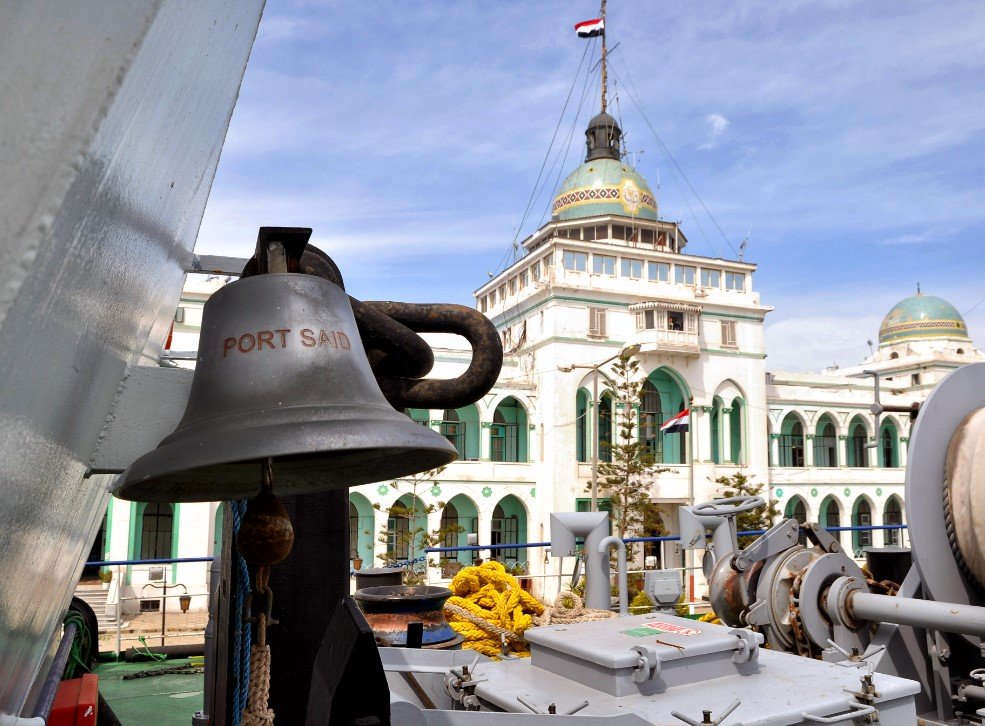Egypt is set to launch two significant Public-Private Partnership (PPP) projects worth $320 million at El-Dekheila Port in Alexandria. The projects include a multipurpose terminal and a dry bulk terminal, aimed at enhancing the port’s capacity and efficiency. The Egyptian government, through the Ministry of Finance’s PPP Central Unit, is spearheading these initiatives to attract private sector investment and boost the country’s maritime infrastructure.

Strategic Infrastructure Development
The multipurpose terminal project, valued at $225 million, is designed to handle various types of cargo, including containers, general cargo, and roll-on/roll-off (RoRo) vessels. This terminal will significantly enhance the port’s operational capacity, allowing it to accommodate larger ships and increase throughput. The project will be developed under the Design, Build, Finance, Operate, and Transfer (DBFOT) model, ensuring that the private sector plays a crucial role in its execution and management.
The dry bulk terminal, with an investment of $95 million, will feature a berth with a length of 1,150 meters and a depth of 15 meters. This terminal will have a storage area of 300,000 square meters, providing ample space for bulk cargo such as grains, coal, and minerals. The development of this terminal is expected to streamline the handling of bulk goods, reducing congestion and improving efficiency at the port.
Economic and Operational Benefits
The implementation of these PPP projects is anticipated to bring substantial economic benefits to Egypt. By attracting private sector investment, the government aims to leverage advanced technologies and expertise to modernize the port’s infrastructure. This modernization will not only enhance the port’s competitiveness but also create job opportunities and stimulate economic growth in the region.
Moreover, the improved infrastructure will facilitate smoother and more efficient cargo handling, reducing turnaround times for ships and lowering operational costs. This efficiency gain is expected to attract more shipping lines to El-Dekheila Port, boosting its status as a key maritime hub in the Mediterranean region. The projects also align with Egypt’s broader strategy to develop its logistics and transportation sectors, contributing to the country’s economic diversification efforts.
Future Prospects and Challenges
While the prospects for these PPP projects are promising, there are challenges that need to be addressed to ensure their successful implementation. One of the primary challenges is securing the necessary financing for the projects. Negotiations are currently underway with international financial institutions to fund the feasibility studies and subsequent development phases. Ensuring transparent and fair tendering processes will be crucial to attracting reputable investors and maintaining confidence in the projects.
Additionally, the government must focus on creating a conducive regulatory environment that supports private sector participation. This includes refining legal frameworks, streamlining administrative procedures, and providing incentives for investors. By addressing these challenges, Egypt can maximize the potential of the PPP projects and achieve its goals of enhancing port infrastructure and boosting economic growth.
